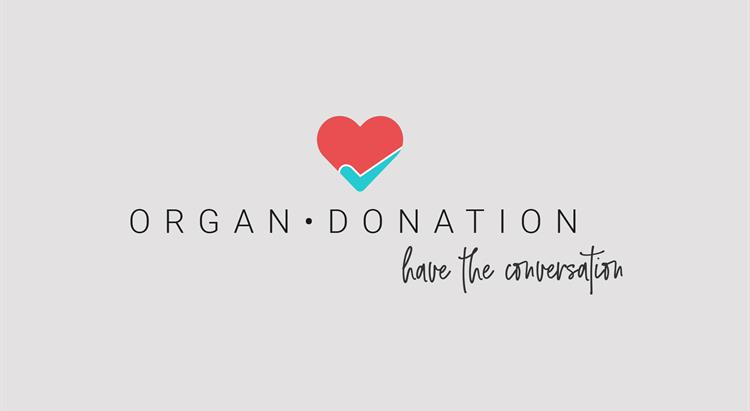20 May 2019

From 1 July this year, the system for organ donation in Jersey is changing. From that date, there will be an assumption in law that adults consent to donating their organs after death unless they say otherwise.
If you do not want to donate your organs the best way to record your decision is to contact the National Organ Donation Register which will then record your wishes. If you have not already done so, you can also contact the Register to expressly consent to be an organ donor. In circumstances where organ donation is a possibility, medical staff consult the Register in the first instance to see if someone has registered their decision to be, or not to be, a donor.
You can contact the Register at: www.organdonation.nhs.uk or by phoning 0300 123 2323.
Under the new arrangements:
- You can expressly consent to organ donation via the Organ Donation Register
- You can do nothing and it will be assumed that you have no objection to donating
- You can expressly ‘opt out’ of donation via the Organ Donation Register
There are currently 21,030 islanders registered on the Organ Donation Register.
Over the next few weeks, in the lead-up to 1 July, and beyond, the Government of Jersey will run a campaign reminding islanders of the importance of having the conversation about organ donation with their families so their wishes are known. Extra information about organ donation is available on gov.je by searching “organ donation” and information will also be posted to households and on Government of Jersey social media channels.
Speaking about the law change, which was agreed by the States Assembly in April 2018, Health Minister Deputy Richard Renouf said: “The intention of this new law is to make it easier for deceased Islanders to donate their organs and potentially save more lives.
“However, there is also a recognition that not everyone wants to donate their organs and they must have the opportunity to opt out if they wish. We want to raise awareness of organ donation and encourage people to have the conversation with their families about donating while still fit and well, rather than leaving families in shock to make that choice in the emotive aftermath of a serious accident or illness.”